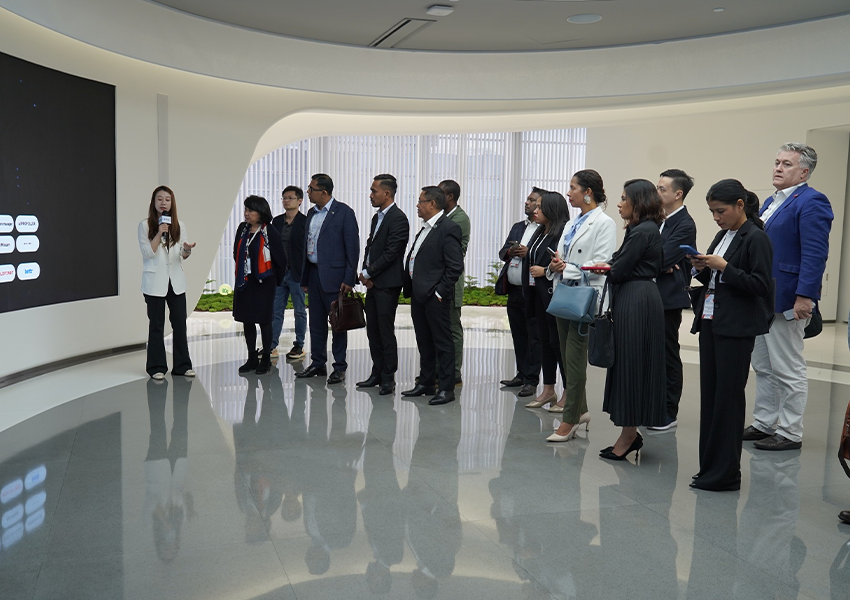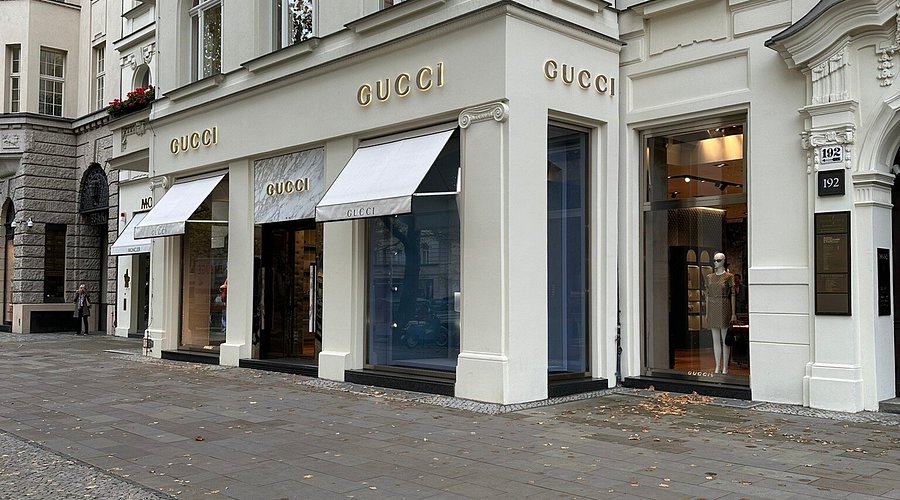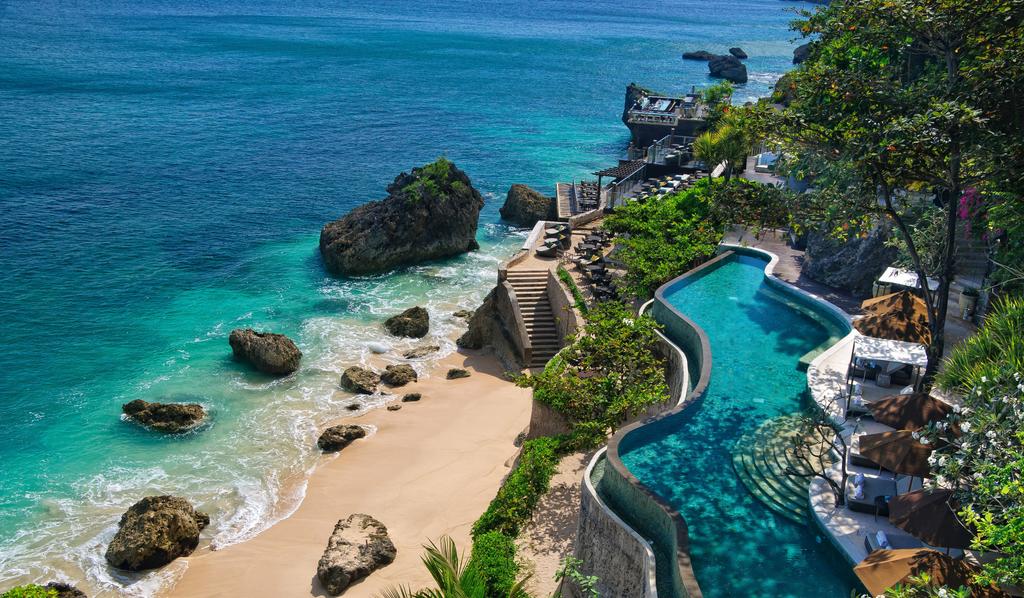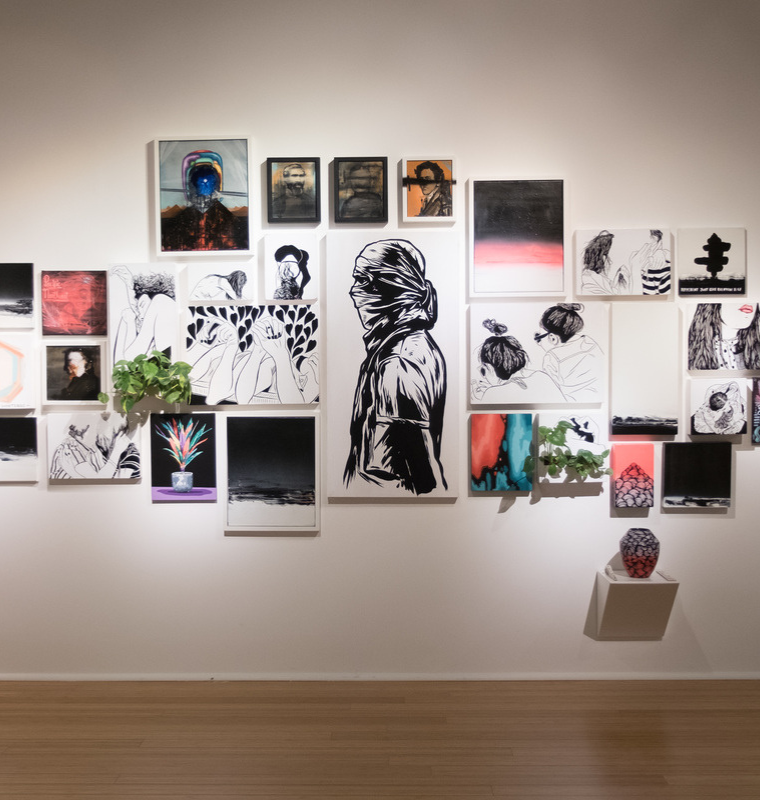Inside the Discreet Trade Networks That Drive Modern Elite Influence
By
John Carter
Last updated:
November 5, 2025
First Published:
November 5, 2025

Photo: The Banking Academy
The Revival of Elite Trade Networks
In the modern era, wealth is no longer just measured by assets or income. Influence, access, and control over discreet trade networks have become defining elements of elite status. Today’s ultra-wealthy are building intricate systems that mirror the ancient Silk Roads, connecting markets, ideas, and resources across continents. These modern corridors of power allow billionaires to move goods, investments, and opportunities with unparalleled efficiency and discretion.
Luxury Beyond Borders
The twenty-first-century Silk Roads are less about camel caravans and more about private jets and digital transactions. Rare art, vintage wines, high-end fashion, and exotic commodities flow along these networks, often bypassing traditional markets. For the wealthy, this means access to items and experiences unavailable to the general public, solidifying their position at the pinnacle of luxury and influence.
The Role of Confidentiality
Privacy is a core principle of these networks. Transactions are shielded from public scrutiny, and deals are negotiated through personal connections rather than open platforms. This level of discretion creates exclusivity, enhances value, and protects the reputations of participants. In effect, secrecy becomes a currency as valuable as gold or real estate.
Curating Influence Through Trade
Modern elite networks are not just about goods—they are about relationships. Connections forged along these routes allow the rich to shape markets, gain early access to opportunities, and influence trends. Owning rare resources or controlling scarce commodities translates into both economic power and social authority, creating a cycle where influence begets more influence.
Technology as the New Silk Road
Digital tools and platforms have amplified the reach of these networks. Encrypted communication, blockchain verification, and bespoke logistics systems allow high-value items to move seamlessly across borders. These technologies create transparency within the network while maintaining invisibility to outsiders, combining the efficiency of modern finance with the confidentiality of traditional elite trade.
Diversification Through Global Assets
Elite networks often span multiple continents, ensuring that assets are diversified geographically. This strategy mitigates risk from political instability, currency fluctuations, or market volatility. From rare gemstones mined in Africa to limited edition fashion in Paris, modern billionaires leverage a global footprint to protect and grow wealth.
The Cultural Dimension of Trade
Participation in these networks also reinforces cultural capital. By engaging with artisans, vintners, designers, and collectors worldwide, the wealthy develop a refined knowledge and taste that sets them apart. The flow of culture, ideas, and craftsmanship along these routes enhances their personal brand and deepens their social influence.
Navigating Legal and Regulatory Challenges
Operating within discreet global networks requires careful attention to law and regulation. Elite traders often employ legal experts and compliance specialists to ensure that transactions remain above board while maximizing strategic advantage. Navigating complex international rules becomes part of the expertise that sustains these modern Silk Roads.
The Psychological Edge of Exclusivity
Being part of a private, tightly-knit network offers more than material gain—it provides status and confidence. Knowing that access to certain commodities, knowledge, or connections is limited to a select few reinforces a sense of power. The psychological impact of exclusivity drives participation and motivates continuous expansion of these elite corridors.
The Future of Modern Silk Roads
The twenty-first-century Silk Roads represent the evolution of wealth and influence in a globalized world. They combine tradition with innovation, tangible assets with digital agility, and secrecy with strategic transparency. For the ultra-wealthy, mastering these networks is no longer optional—it is essential for preserving and expanding power, wealth, and cultural authority in an increasingly interconnected world.
Subscribe to unlock premium content
Sed at tellus, pharetra lacus, aenean risus non nisl ultricies commodo diam aliquet arcu enim eu leo porttitor habitasse adipiscing porttitor varius ultricies facilisis viverra lacus neque.
A comprehensive guide on Agile development

10 Productivity tools that are worth checking out

Top 7 Must have management tools for productivity

A comprehensive guide on Agile development

10 Productivity tools that are worth checking out

A comprehensive guide on Agile development









